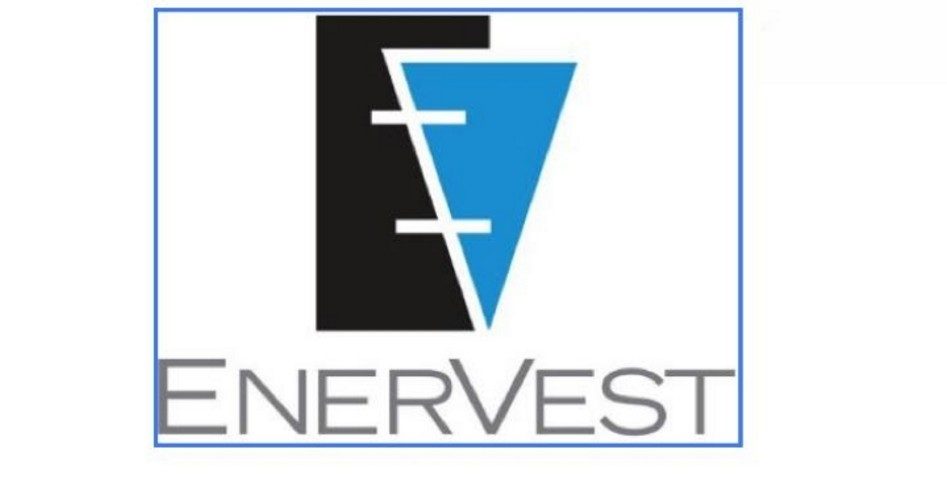
EnerVest Ltd., a Houston-based private equity firm run by John Walker, is being taken over by one of its largest lenders to satisfy its unpaid debts. The firm raised capital from large investors, foundations, and pension plans and bought existing oil wells, improved them, and sent the dividends back to the investors.
In 2011, it had come off a very successful year. It owned 19,000 onshore oil wells on four million acres of land in 12 states. Its previous investments delivered a compounded annual return of 36 percent, a track record that made it relatively easy for Walker to raise additional capital. In a classic understatement, Walker said, “We had an outstanding year.” He explained just how he and his company did it; he bought cheap and sold dear, without using borrowed funds:
A downturn gives us an opportunity to buy oil and gas assets more cheaply. EnerVest has no debt, so we don’t get ourselves into trouble and we can take advantage of others who aren’t making good decisions. The smallest downturn gets them in trouble.
And then Walker began violating his rules. He started believing his own press releases. He relished being on the Houston Chronicle’s list of the most successful private Houston companies, at No. 10.
One of the first rules he violated was engaging in “straight-line thinking in a curvilinear world.” On June 1, 2010, crude oil was selling at $72 a barrel. He just knew it was going higher. So he raised about $1.5 billion from his investors, which included trustees of the J. Paul Getty Trust, the John D. and Catherine T. MacArthur Foundation, the Fletcher Jones Foundation, Michigan State University’s endowment, the foundation that supports Arizona State University, and the Orange County (California) Employees Retirement System. They each ponied up $100 million.
He then violated another rule: He leveraged that $1.5 billion by borrowing another $800 million from various banks, including Wells Fargo.
Three years later crude was selling at $95. It would shortly hit $104. So he went back to his investors. This time he raised $2 billion from them, and then he leveraged that with another $1.3 billion of borrowed funds. Walker continued to buy wells wherever he could find them, in the Texas Panhandle, in Utah, outside Dallas, and elsewhere.
The price of crude oil peaked at $113 in August 2013.
On Monday a barrel of crude oil traded at $45.99.
A chastened Walker sent this e-mail: “We are not proud of the result.”
Walker violated his own rules, and his investors are paying the price. Life’s rules are harsh: Leverage can be fatal; hubris can be costly; new lessons won’t be taught until the old ones are mastered.
Walker’s failure is making the papers once again: His company’s failure could be the largest one in the history of private equity firms investing in oil and gas.
An Ivy League graduate and former investment advisor, Bob is a regular contributor to The New American magazine and blogs frequently at LightFromTheRight.com, primarily on economics and politics. He can be reached at [email protected].



